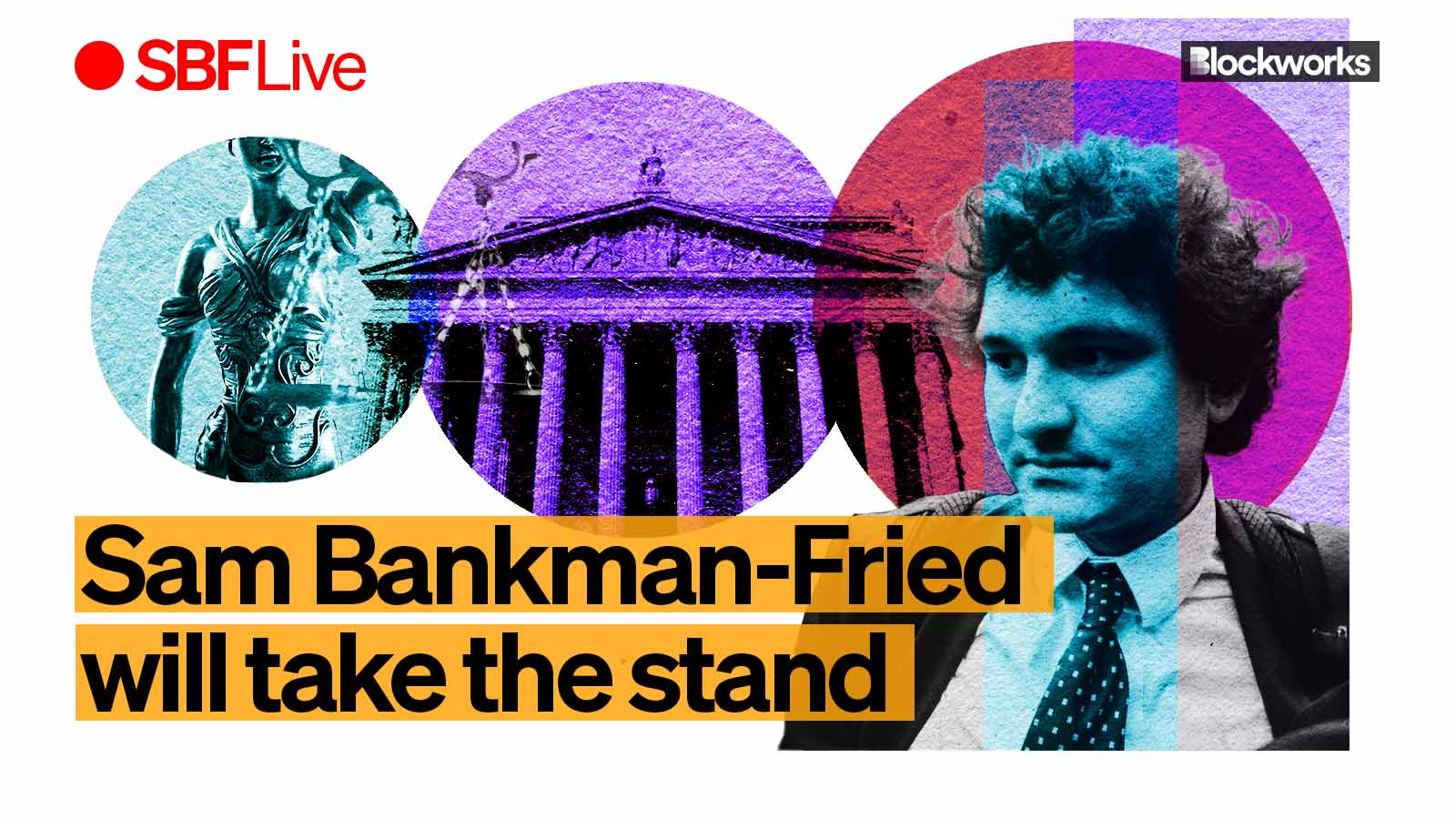Sam Bankman-Fried will testify in FTX trial
The announcement caps a period of will-he-or-won’t-he speculation about the ex-CEO’s potential testimony

Artwork by Crystal Le
Sam Bankman-Fried is planning to take the stand and testify, his attorneys told Judge Lewis Kaplan and the prosecution during a telephone conference Wednesday.
The defense expects Bankman-Fried’s direct testimony to take most of the day Thursday. The government has indicated that they expect to rest their case Thursday morning after calling one last witness, an FBI agent.
The FBI agent is expected to be on the stand for less than an hour, counsel from both sides agreed Wednesday.
The defense said that if all goes according to plan, Bankman-Fried’s cross examination could begin Friday. The government noted that their cross could be lengthy, and depending on the nature of Bankman-Fried’s testimony, prosecutors may opt to present a rebuttal case after the defense rests.
In a motion filed Tuesday evening, the government noted that the defense has provided a list of six witnesses. On Wednesday, lead defense attorney Mark Cohen told Kaplan that they intend to call three witnesses, followed by their client.
Read more: To take or not to take (the stand), that is SBF’s question
Prior to the phone conference, Bankman-Fried’s attorneys filed letters seeking testimony from two FBI agents after claiming that both ex-engineering head Nishad Singh and FTX co-founder Gary Wang provided “inconsistent statements.”
In early October, Blockworks reporter Ben Strack talked to white-collar defense lawyer Jack Sharman about Bankman-Fried potentially taking the stand.
“This defendant seems like a very talkative person. Very confident, very articulate, obviously bright. And he may think his only chance is to get on the stand and sow enough reasonable doubt that [he] can get at least one juror on his side,” Sharman said.
However, Sharman warned that there are “substantial risks” to a white-collar defendant testifying, adding that many white-collar lawyers try to avoid putting their clients on the stand.
Bankman-Fried’s trial began in early October. The former FTX CEO faces seven federal counts of fraud and conspiracy. The prosecution has moved along faster than anticipated, noting that they expect to rest one day ahead of schedule.
Over the past several weeks, the prosecution put ex-Alameda CEO Caroline Ellison, co-founder Gary Wang and former head of engineering Nishad Singh on the stand. Former FTX employees and friends of Bankman-Fried were also called to testify by prosecutors.
Get the news in your inbox. Explore Blockworks newsletters:
- The Breakdown: Decoding crypto and the markets. Daily.
- 0xResearch: Alpha in your inbox. Think like an analyst.






